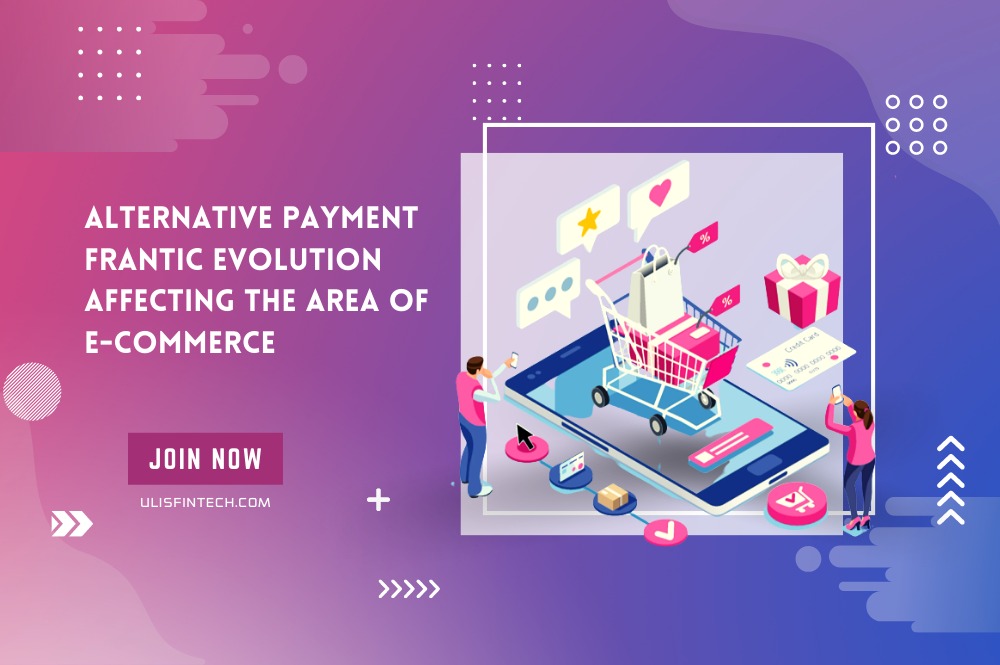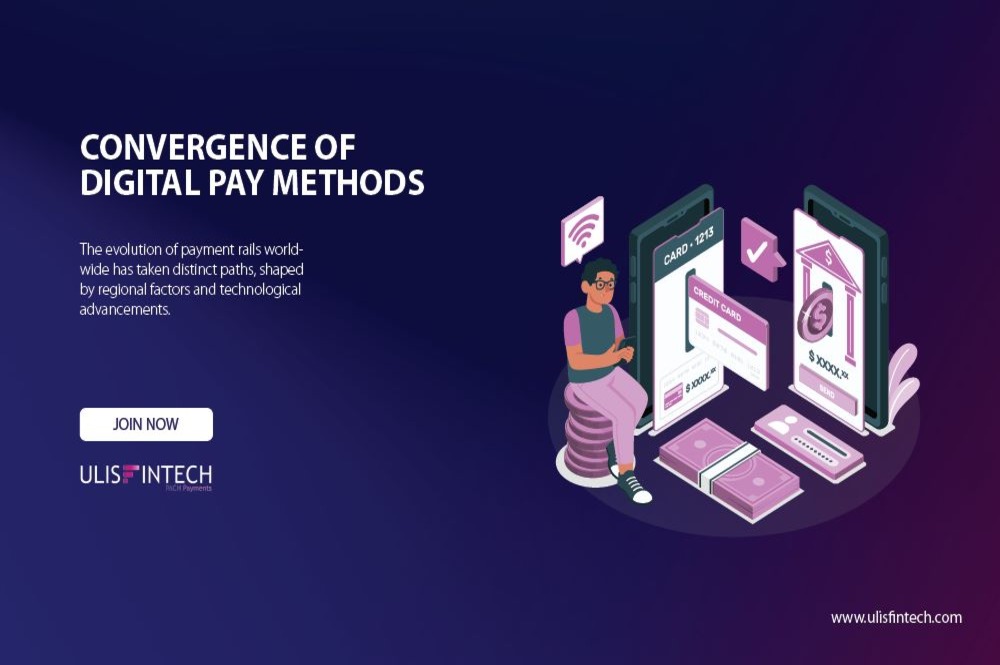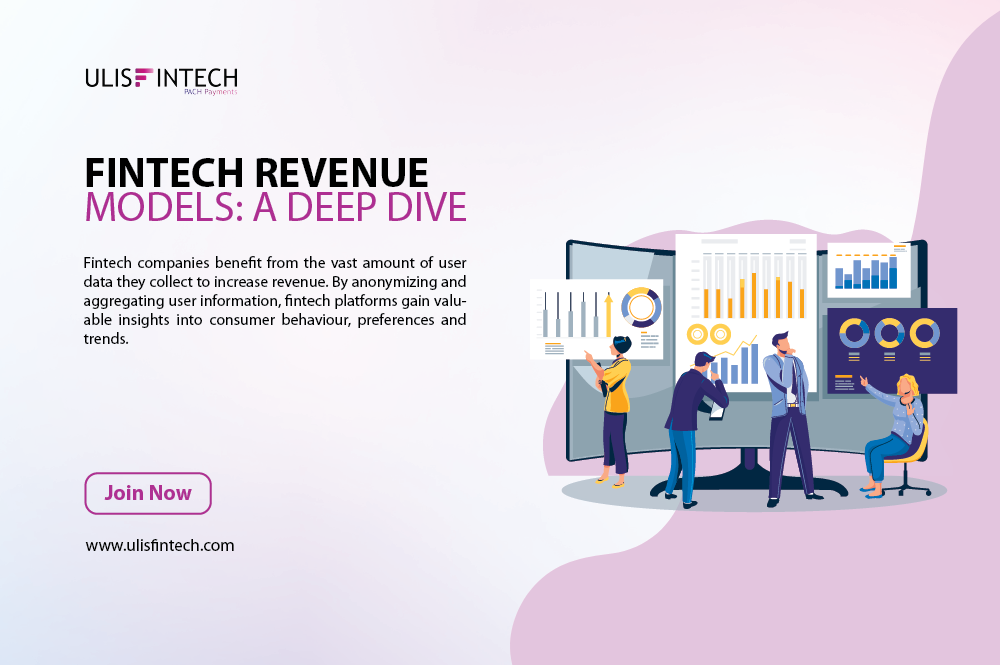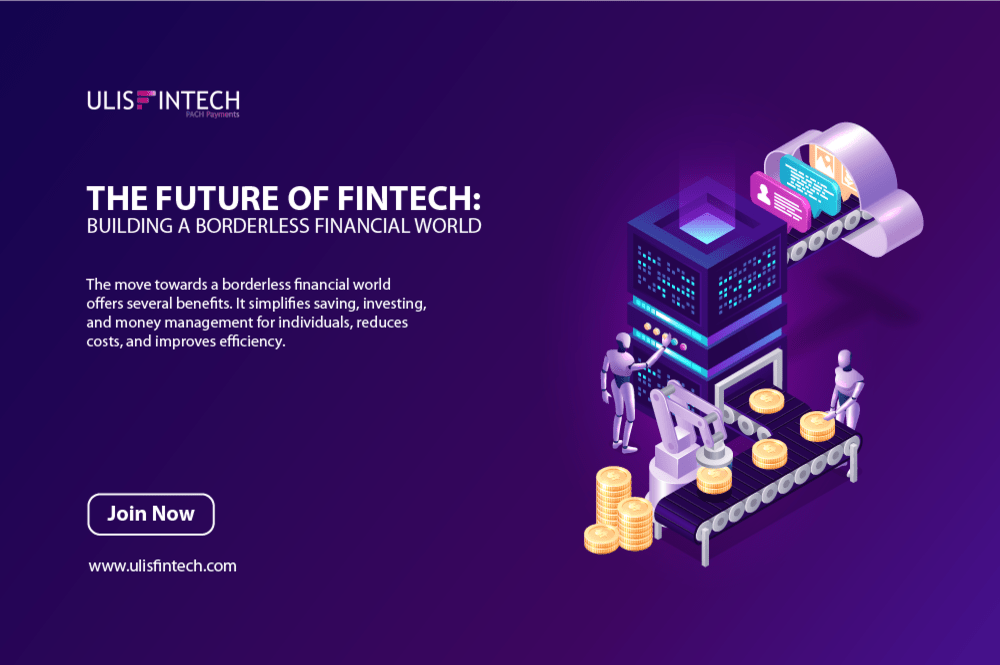Benefits of Alternative Payment options for E-commerce
Mar 24, 2022 - 10 MINS READ

Alternative Payment frantic evolution affecting the area of e-commerce
We live in an ever-changing world, and keeping up with the trends is surely not simple. Speed is now the bread and butter of Generation Z (those born between 1997 and 2010). With the advent of the digital era, new sales and management approaches are continually being launched in the e-commerce sector. This necessitates keeping up with the times, beginning with "old" paper money and progressing to credit cards, then e-wallets and internet banking. As time passes, we move away from physical payments and closer to an increasingly conceptual and digital pace.
This frantic evolution affects not only the area of e-commerce but for all economic activity. Whether you own an online company or a physical store, you may be wondering if you are meeting the needs of your customers.
The main idea is to be prepared to adapt to the ever-changing digital world. However, in today's digital age, not everyone is comfortable using a credit or debit card to make online and in-store payments. Others, particularly in certain markets, choose other payment methods or do not use cards at all. As a result, it appears that it is critical for E-commerce platforms to allow other payment methods; otherwise, potential clients who wish to pay using these methods may be turned away.
Introduction to alternative payments
They are alternate means of paying for products or services straight from a device via digital wallets or online banking systems. Alternative payments do away with the requirement to use physical cards. Credit cards are no longer the primary payment mechanism in various nations, and other payment methods have swiftly adapted to this change. Furthermore, many customers prefer to use local payment methods.
As per a 2020 Worldpay Report, digital or mobile wallets such as PayPal, Amazon Pay, Google Pay, or Apple Pay will account for 32% of e-commerce payments in the UK in 2020. Although alternative payment methods appear to be the most popular online, debit and credit cards are remain frequently utilized, accounting for 29 and 21 percent of e-commerce payments in the UK in 2020, respectively.
In terms of proximity payments — in-store purchases performed using smartphones – it is expected that around a fourth of smartphone users in the UK will be proximity mobile payment users by 2023. In 2019, the share was little more than 19%, and by 2021, it had risen to more than 22%. Checkout technology has advanced substantially, making the deployment of alternative payment methods much safer and more convenient for retailers and consumers alike.
- E-Wallets
PayPal, Apple Pay, and Google Pay are examples of e-wallets that allow you to securely deposit funds and make payments or electronic transfers. There are two kinds of them:
- Transactions are carried out by a person using a gadget (for example, a smartphone), which serves as a virtual wallet (they are called mobile wallets). For example, Google Pay.
- Online wallets are virtual wallets used for online payments. PayPal, for example.
This technique is not only quick and safe; it also has additional advantages, such as the ability to pay with a single device at all participating businesses, both in-person and online.
- Banking on the Internet
Online banking is alternative payments made via online banking. Users authorize the payment online immediately from their bank's restricted area in this situation. In recent years, this payment mechanism has rapidly gained traction in E-commerce. What has aided their ascension? The reduced acceptance costs and the smaller number of refunds for merchants have certainly contributed, but the help offered by the European PSD2 law should not be overlooked.
- Buy-now, pay-later (BNPL)
BNPL is a popular alternative payment option since it allows consumers to pay the entire amount at a later date or spread the cost of an item over numerous installments, generally without paying interest or transaction costs. The majority of purchases are funded by a bank account, debit card, or credit card. This alternate payment option is used by companies such as Klarna, Affirm, and After pay.
Advantages of Alternative Payments
Why should consumers be given the option of making alternative payments? Here are a few advantages for retailers:
- They provide transparent charge terms with no chance of paying hidden fees.
- They may be able to provide free chargeback solutions.
- You may sell to foreign clients (there are over 200 payment methods accepted globally), such as vacationers from different nations.
However, there are certain advantages for customers:
- They may select their chosen local payment option, with guidance in their native language, currency, and location.
- They provide greater speed and convenience for all payments, typically with one-click solutions.
- The ability to pay directly from one's own device (for example, a smartphone), eliminates the need to carry cards.
- There are several more advantages depending on the alternative payment option used.
Benefits of alternative payment options for E-commerce
PayPal is among the most well-known alternative payment options for E-commerce in the Western world. However, if you wish to sell in another country, you should research the local payment preferences in that country.
Do you want to enter the Chinese market? That market is currently dominated by Alipay, Pay Me, and WeChat. In particular, 67 percent of mobile users in Hong Kong believe Alipay is their favorite method, followed by Pay Me (64 percent) and WeChat Pay (43%). Assume a Chinese consumer visits your E-commerce site because he is interested in a certain product. He will first examine the payment methods that are accepted, and if Alipay and WeChat are not an option, he may lose a possible customer's purchase.
Alternative payment options aid in the removal of sales obstacles. According to surveys conducted in the United Kingdom, 60 percent of clients would abandon their shopping baskets if they meet friction at the checkout. BNPL has grown in prominence, providing potential consumers with an additional choice if they are having a temporary cash-flow problem.
You may have the right product for the market you want to attract, but if you don't provide the payment options those clients want, your sales may suffer. This is especially critical for economies that are so dissimilar to our own, such as China.
Accepting local payments is critical for all economic activity, not just e-Commerce. Alternative payments are fast emerging in the tourist industry. Many travelers may opt to utilize alternate payment methods; ways that they trust. The same is true for other Asian and African countries, where credit cards are not usually accepted, and leaving travelers must use alternative payment methods to schedule their journeys.
Simple integration
There are numerous ways to install a new payment system: directly on the platform (e.g., PayPal), directly with the firm (e.g., HYPE), or through an approved middleman (eg. Apple Pay).
We have built a payment hub with ULIS FinTech Solutions, our online payment gateway, that can help the merchant from a strategic standpoint, becoming the ideal partner to build his business by simplifying access to these resources.
Furthermore, if your company requires a more comprehensive payment orchestration solution, ULIS Payment Gateway serves as a single point of contact for a diverse set of payment providers, allowing you to safely and effectively handle your payments in several countries and currencies at all times.
We've seen how alternative payments are spreading over the world: from e-wallets to online banking, the future is more geared toward a digital environment. Regardless of the size of your e-commerce website, alternative payments may provide you a competitive advantage in attracting new consumers by providing them with trusted local payments or internationally recognized digital wallets.
EndNote
Payments have clearly been at the frontline of disruption in recent years. Alternative payment mechanisms (APMs) are putting pressure on both the railroads and the supremacy of traditional payments. APMs contribute to a stunning 58 percent of e-commerce expenditure in Asia, with Europe close behind at 53 percent. North America's credit and debit card market share is falling (at 58 percent). Beyond cards and cash, there is an expanding variety of payment options available, ranging from virtual mobile wallets to Buy-Now-Pay-Later (BNPL) programs, P2P money transfers, bank-to-bank transfers, and cash payment systems.







